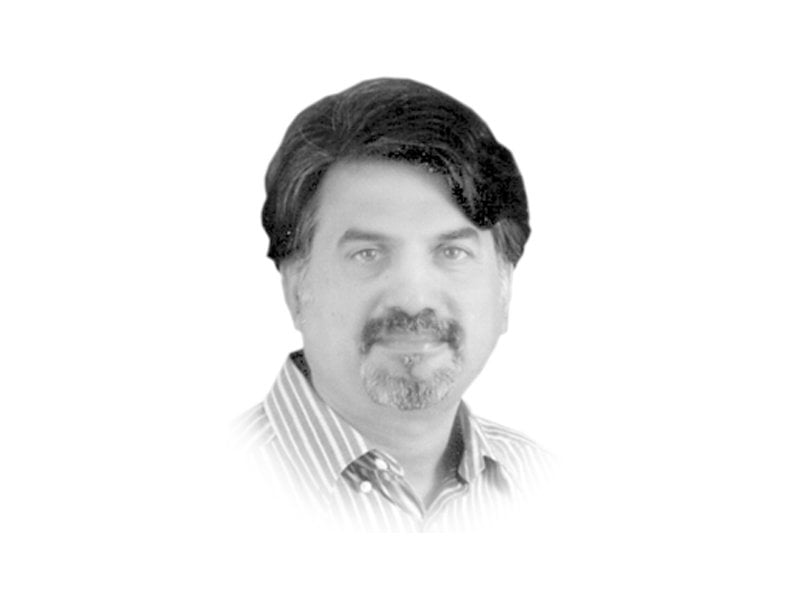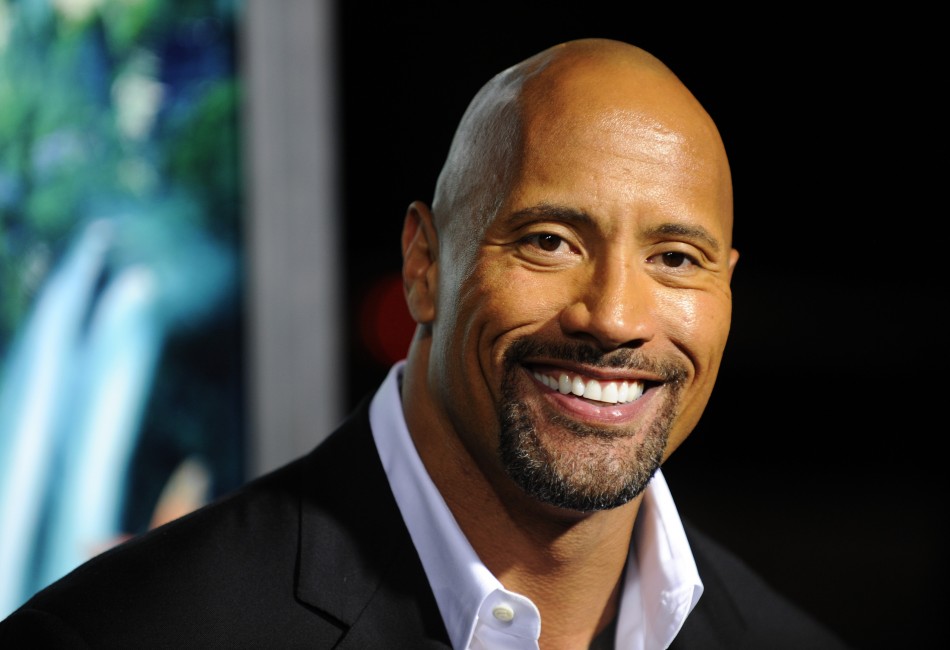
What makes civilians authoritative is that they make all the rules and they can change them at any time. Civilian dominance over the military will always be hurt if this dominance is guided by the personal political ambitions of the civilian leaders. To alter the civil-military balance favourably towards the civilian side the civilian control as a strategy must not rest on the shoulders of ‘political behaviours and political ideologies’ that are seeking ‘political revival’ more than national prestige. Also, the assessment by the politicians of the correct circumstances as well as time and space to execute the re-balancing strategy is of vital importance. Without good democratic governance which is so central to the definition of a progressive welfare state, no politics can stand up to throw a serious challenge to an ambitious military authority. Not when the judiciary holds politics accountable, not in any case if politics is stained, polluted and overtly contaminated with corruption.
Third World countries like Pakistan are mostly confronted with innumerable internal and external challenges, including those of security and threats of war regardless of what the politicians think and strategise, given the conditions the popular support of the general public tends to rest with the military. Hence, political mismanagement that ushers and leads the state towards the sad conditions of state collapse, chaos and ultimate failure only further reinforces people’s identity with the military which it considers as the only institution that can rise up to protect and defend the national honour and prestige.
Citizen-soldiers, armed populace or citizen-forces can only heed to the dictates of political authority if the so-called ‘call to action’ or ‘revolt’ comes from politics that has not already lost its moral authority. People’s power can be a great and effective counterweight and a deterrent to keep an ambitious military with a political agenda in check. If President Recep Tayyip Erdogan in July 2016 called on his nation “to take to the streets to defend democracy” and roared “soldiers take your hands off politics” it was in light of an emerging putsch the condemnation of which was unanimous in the Turkish nation, society and public. However, politics in Pakistan since 2008 has seen little military interference or indulgence. Politics during this decade of military non-indulgence could have brought about a historic shift in how the old military ways of interference in politics could be made to become redundant and how the new ways could be explored to harmonise the civil-military relations. Would the civil-military relations be ever harmonised by awarding unprecedented extension of tenures to the military chiefs or by out of turn appointments of military chiefs that contravened seniority or by delegating responsibility to military chief to arbitrate political deadlock or even allowing a retired military chief to lead the Islamic Military Counter-terrorism Coallition to dampen our long-term foreign policy goal of maintaining neutrality between Saudi Arabia and Iran? Civilian leaders delegate responsibilities to the military and when such a delegation is not with a political purpose that seeks ‘reduction of civil-military friction’ but taking partisan political advantage by using or abusing military leadership than those who wear uniform will continue to course correct such civilian leadership by utilising the organs of opinion such as the media, aligned political parties and other professional and commercial associations.
Politics must understand that ‘the treasure in the mountain is priceless but the dragon who guards it is fearless’. When all that democracy shows is signs of institutional stagnation and decay, demonstrates deep anti-establishment sentiments, proliferates democratic tendencies that can be exploited by the enemies of the state (external as well as extremist forces), demonstrates poor set of democratic standards and democratic functions enabling politics to prey on the society rather than protect it than the historic shift of balance from the military to the civilian authority will remain forever a foregone conclusion and the military will remain and retain its role at the centre of power politics. Civilian control cannot be achieved in a short term by utilising a magic wand. True civilian control in developed countries rests on the set of political ideas, institutions and behaviours that have been politically nurtured over a long period of time and which have brought a meaningful change in the life of the people and the democratic societies they represent.
Which kind of politics desists from advocating and reinforcing the military’s primacy in the national defence? Which kind of politics attempts to undermine the military’s role as the neutral servant of the state and the true guardian of its society? Which military can trust a civilian leadership that doesn’t understand military ethos, that grudges loyal military dissent and that oppose political judgments and which most unpatriotically reveals classified information to gain political advantage and space? Militaries all over the world feel the need to step in politics when governments are perceived to be totally incompetent and incapable of governing the citizenry.
Politics in Pakistan must first decide what end it seeks? We have as a nation reached a tipping point where a shift must now be made from a dysfunctional political system to something more principled, courageous and effective. That would only be possible if politics in this country would finally demonstrate some character. I am reminded of the characters of Enobarbus and Eros in Shakespeare’s most poetic play Antony and Cleopatra. Those who have read this play would know how men can rise above their petty individual selfishness and can even sacrifice their lives for achievement of common good that can result from such a sacrifice.
Published in The Express Tribune, June 7th, 2018.
Like Opinion & Editorial on Facebook, follow @ETOpEd on Twitter to receive all updates on all our daily pieces.
1732603002-0/lamar-(4)1732603002-0-405x300.webp)
1720420084-0/brad-pitt-(2)1720420084-0-165x106.webp)










COMMENTS
Comments are moderated and generally will be posted if they are on-topic and not abusive.
For more information, please see our Comments FAQ